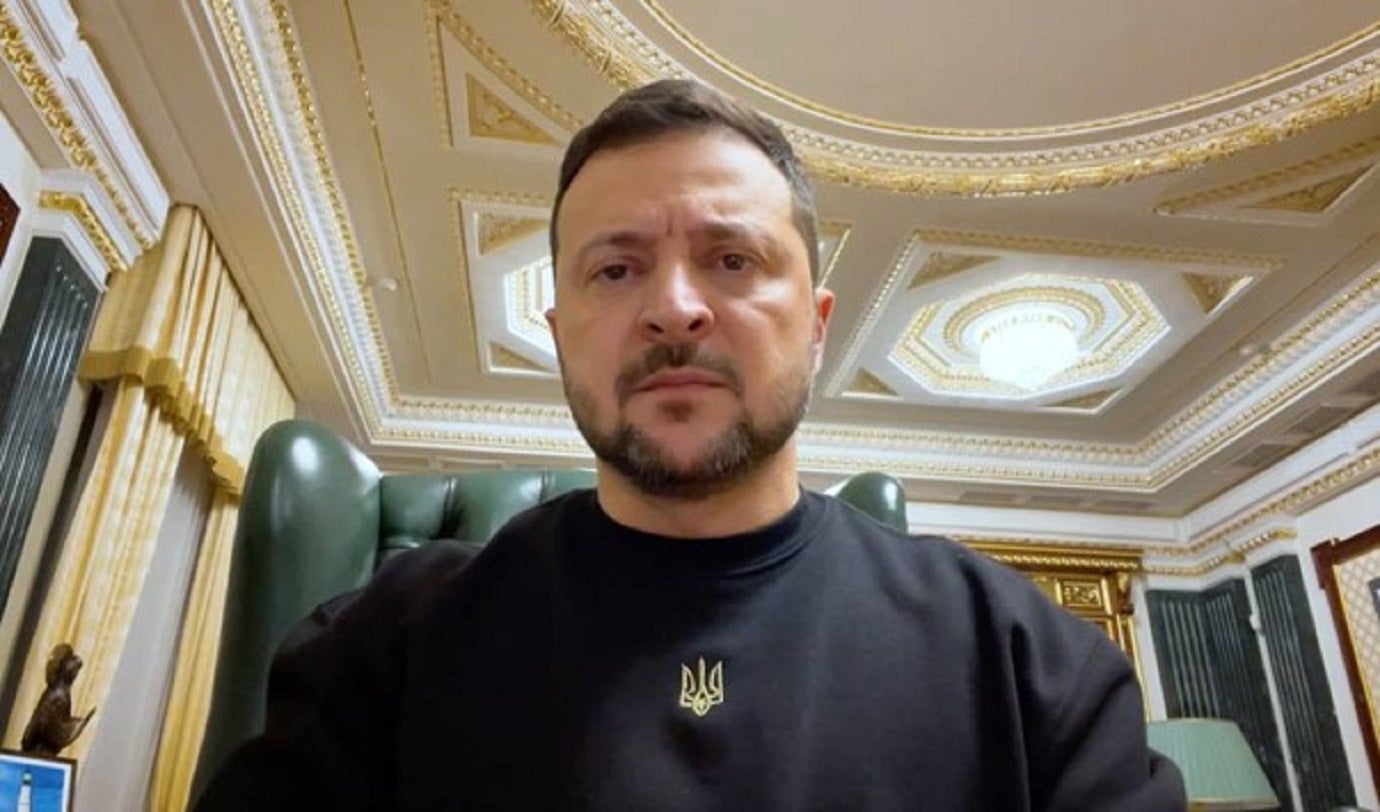
Ukraine’s president Volodymyr Zelenskyy shut down the prospect of elections on 6 November, deeming it irresponsible in wartime, while emphasising concerns around unity and remaining attentive to the needs of the Armed Forces.
Zelenskyy instituted martial law, which prohibits holding elections, when Russia invaded in February last year. The president has maintained that the democratic process complicates the current state of war.
The Eastern European country’s next elections were due to take place in March 2024.
“We all understand that now, in wartime, when there are so many challenges, it is absolutely irresponsible to throw the topic of elections into society in a lighthearted and playful way.”
After announcing that Russia recently attacked the Kherson, Donetsk and Kharkiv regions with Iranian-manufactured Shahed Unmanned Aerial Vehicles (UAVs), the president proceeded to state that “everyone should remember what is most important in Ukraine right now.”
The temporary prohibition of elections is a natural occurrence in times of war. A consistent government policy must be taken when approaching the subject. It is a policy that has been instituted as far back as the early Roman Republic, in which one person accepted power to direct the war effort.

US Tariffs are shifting - will you react or anticipate?
Don’t let policy changes catch you off guard. Stay proactive with real-time data and expert analysis.
By GlobalDataIn that same spirit, Zelenskyy added that “The situation is the same now as it was before: if there is no victory, there will be no country. Our victory is possible. It will come if we all focus on it.”
Focus on the needs of the Armed Forces
“We must realise that now is the time of defence, the time of the battle that determines the fate of the state and people, not the time of manipulations, which only Russia expects from Ukraine,” he stated as he turned to need to bolster defence.
While lauding the supply of weapons and equipment to Ukrainian brigades, the dynamics of defence production in Ukraine, and the fulfillment of contracts and agreements with partners, the president still called for more to be done.
Turning to the need of the Armed Forces, Zelenskyy identified issues the country needs to act upon: “Transfers, training, and supply. There are many tasks.”
Reduced counter-offensive and reducing support
With winter approaching the Ukrainian Armed Forces are still struggling to further their progress in their counter-offensive, which began earlier in June, while the current conditions allow.
However, this timeframe grows steadily narrower, just as its largest donor, the US, also approaches another prospective government shutdown in mid-November, when its Continuing Resolution expires. This may impact Ukraine, which could see American military aid run dry.
To offset this potential loss, Ukraine’s indigenous defence industry has expanded with teaming arrangements with western defence organisations in the past few months.
A defence industries alliance was established in late September, including 38 member companies that represent 19 countries. These are agreements on joint production, exchange of technologies, supply of components. Propellant powder production, munitions manufacturing.
Besides ramping up its domestic production in the foreseeable future, Ukraine is also focused on training – for various platforms, including, most famously F-16 Fighting Falcons, which are due to enter service in spring 2024.
In keeping with the needs of the Armed Forces, Zelenskyy’s Government should consider preparing the appropriate infrastructure for such sophisticated western platforms, which require reliable and well-built runways and the like, rather than taking the time to campaign in order to continue the war effort.
While the war drags on, Zelenskyy must evoke something akin to the civic virtue of the Roman statesmen and military leader, Cincinatus, whose selfless devotion to the early republic in a time of crisis exemplifies, firstly, a commitment to get the job done and then to return to normality and elections once the war has subsided.



